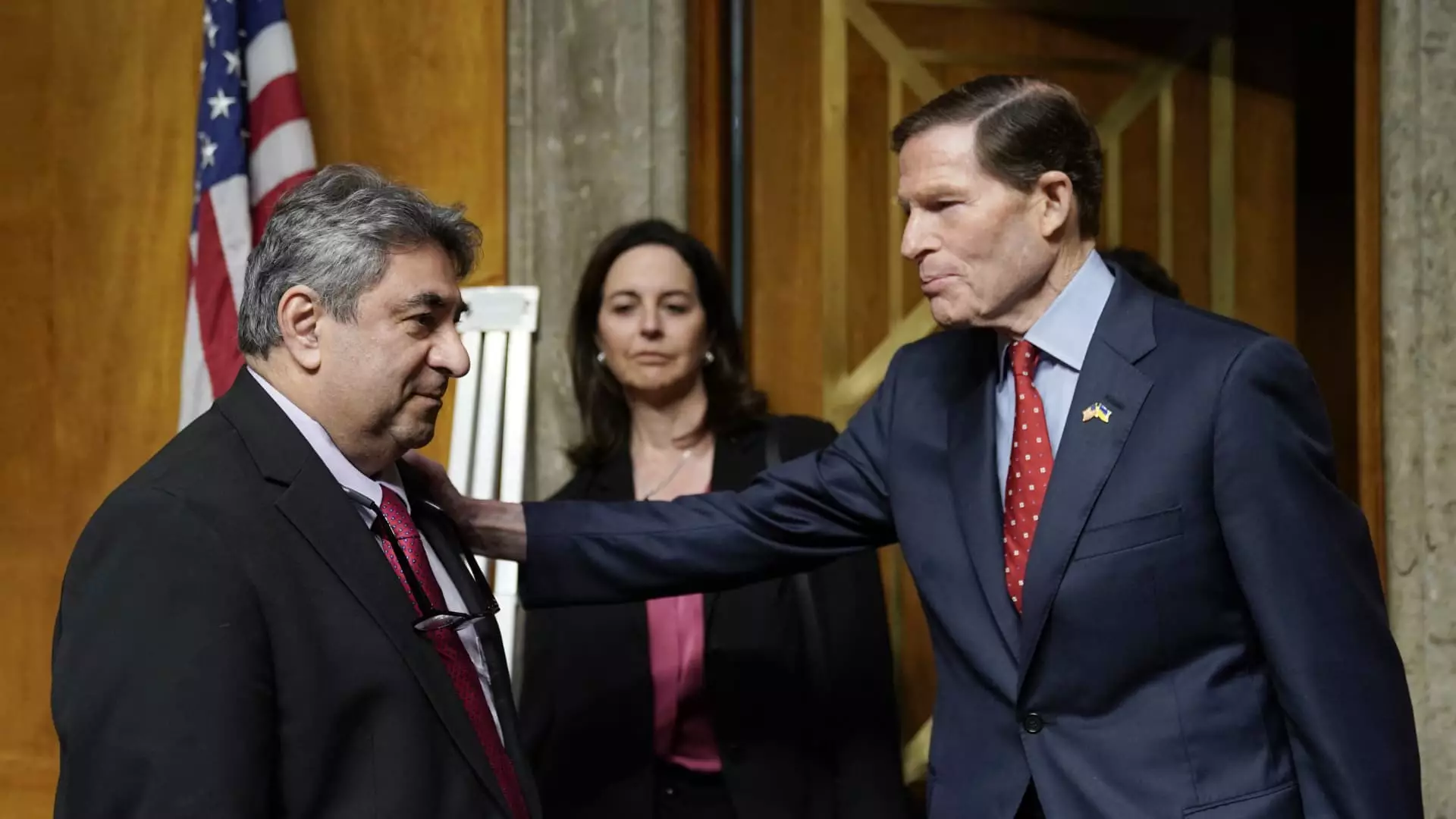In recent Senate hearings, Boeing’s safety and quality standards were once again put into question, following a midair door blowout incident and a near catastrophe back in January. A former Boeing engineer turned whistleblower, Sam Salehpour, testified before a Senate panel, making serious allegations against the aircraft manufacturer. Salehpour claimed that Boeing cut corners in the production process of its wide-body jets, potentially compromising the safety of the planes. One of the key issues highlighted by Salehpour was the inadequate shimming of tiny gaps on the fuselage of the 787 Dreamliner, which he warned could lead to premature fatigue failure without warning.
In response to the whistleblower’s allegations, Boeing denied any wrongdoing and defended the safety of its aircraft. The company conducted detailed fatigue testing on the 787 and 777 aircraft, concluding that there were no safety risks present. Scott Kirby, CEO of United Airlines, a major operator of the Dreamliner, also expressed confidence in the safety of the planes. Despite these reassurances, the door panel blowout incident on a Boeing 737 Max 9 plane has once again raised concerns about Boeing’s safety culture and led to increased scrutiny from regulatory authorities.
As a result of the recent controversies, Boeing has faced significant challenges, with new plane deliveries slowing down and the Federal Aviation Administration intensifying its oversight of the company’s production processes. The crisis has also prompted changes in Boeing’s leadership, with CEO Dave Calhoun announcing his plans to step down by the end of the year, and the company making personnel changes at the executive level. The series of events have not only affected Boeing’s reputation but also raised questions about the company’s commitment to safety and quality standards.
The recent controversies surrounding Boeing have once again brought its safety culture under scrutiny. While the company has denied the allegations and defended the safety of its aircraft, the incidents have raised concerns among regulators, airlines, and the general public. It is crucial for Boeing to address these issues seriously and take concrete steps to restore trust in its brand and ensure the safety of its aircraft moving forward. Ultimately, the reputation and credibility of Boeing as a leading aircraft manufacturer hang in the balance, making it imperative for the company to prioritize safety and quality above all else.


Leave a Reply